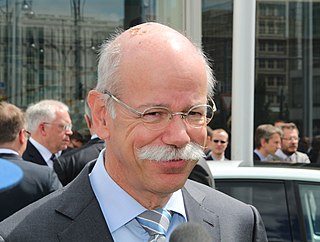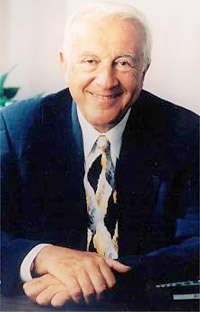A Quote by Dieter Zetsche
Energy and fuel prices continue to rise, triggering fuel consumption concerns in the United States.
Quote Topics
Related Quotes
The illusion that consumption - and its correlative, income - is desirable probably stems from too great preoccupation with what Knight calls "one-use goods," such as food and fuel, where the utilization and consumption of the good are tightly bound together in a single act or event. ... any economy in the consumption of fuel that enables us to maintain warmth or to generate power with lessened consumption again leaves us better off. ... there is no great value in consumption itself.
In the European Union, a fleet average of 95 grams of CO2 per kilometer will be permitted in 2020. This corresponds to fuel consumption of about four liters (per 100 kilometers; about 59 mpg). We have to continue reducing the fuel consumption of our vehicles and offer hybrid and electric vehicles, or else we will be unable to achieve these values.
Historically, the United States has had a wonderful energy policy. We're blessed with a diversity of resources. We have oil. We have gas. We have coal. We have nuclear. And renewables. And as a result, one of our biggest competitive advantages has been affordable energy. You need a strong economy and you need affordable energy to fuel that economy.
Music has always been a matter of Energy to me, a question of Fuel. Sentimental people call it Inspiration, but what they really mean is Fuel. I have always needed Fuel. I am a serious consumer. On some nights I still believe that a car with the gas needle on empty can run about fifty more miles if you have the right music very loud on the radio.
The United States must recognize that access to reliable and affordable energy is the basis for economic expansion - and global competitiveness. And the nation must move from discouraging fossil fuel development - which is largely our approach today - to enabling it. We need all forms of energy to keep our economy strong.
































